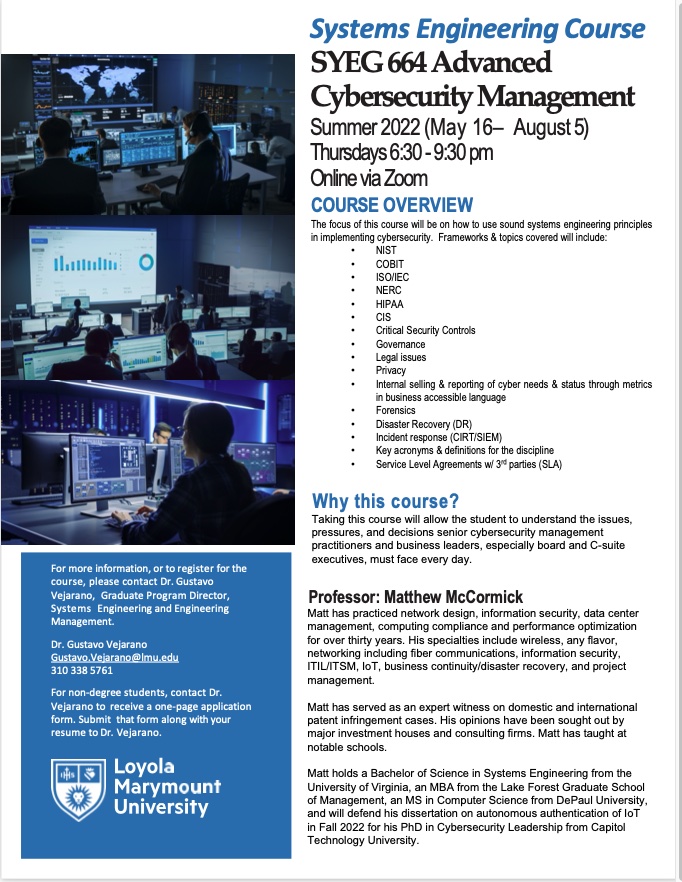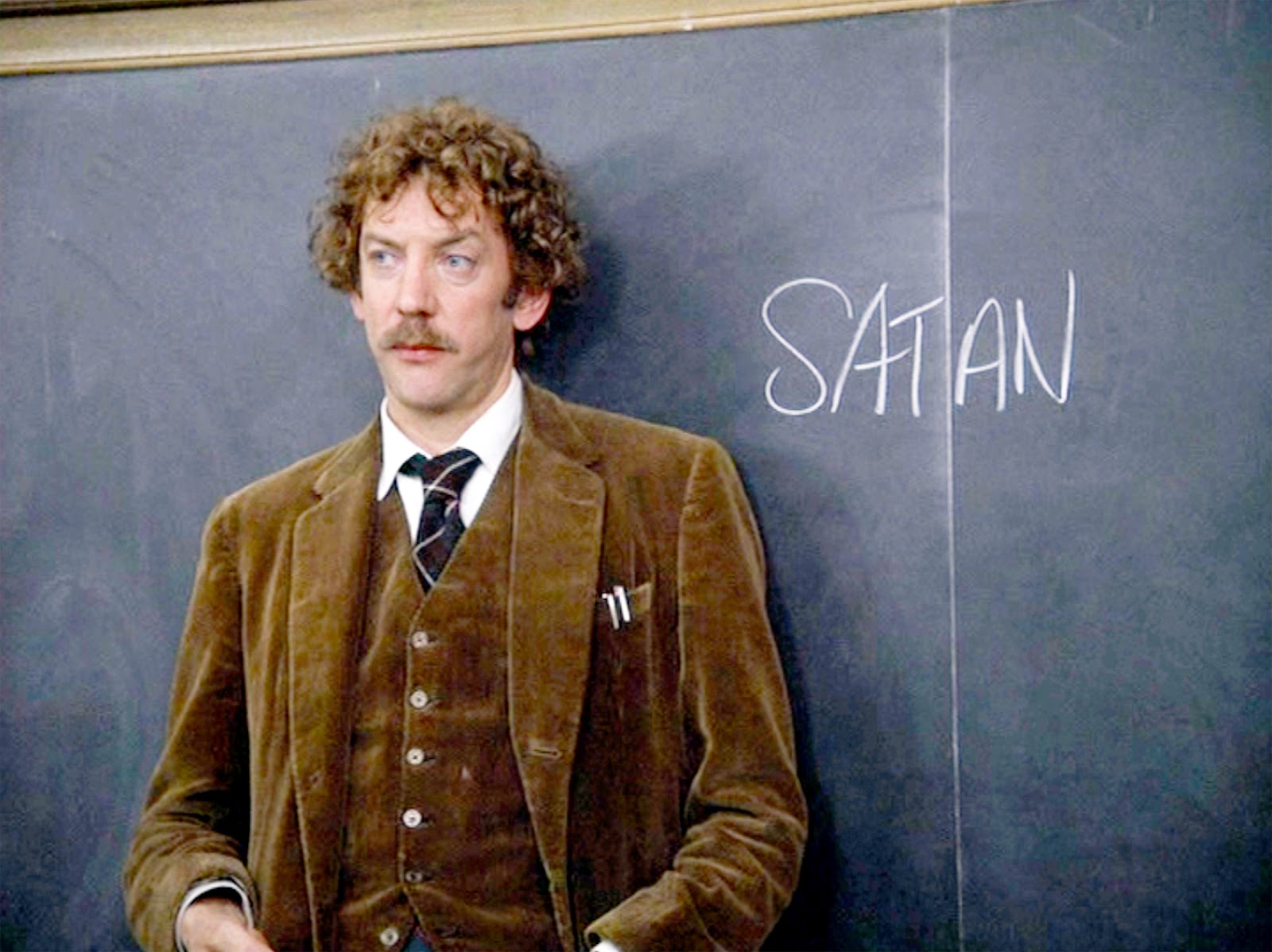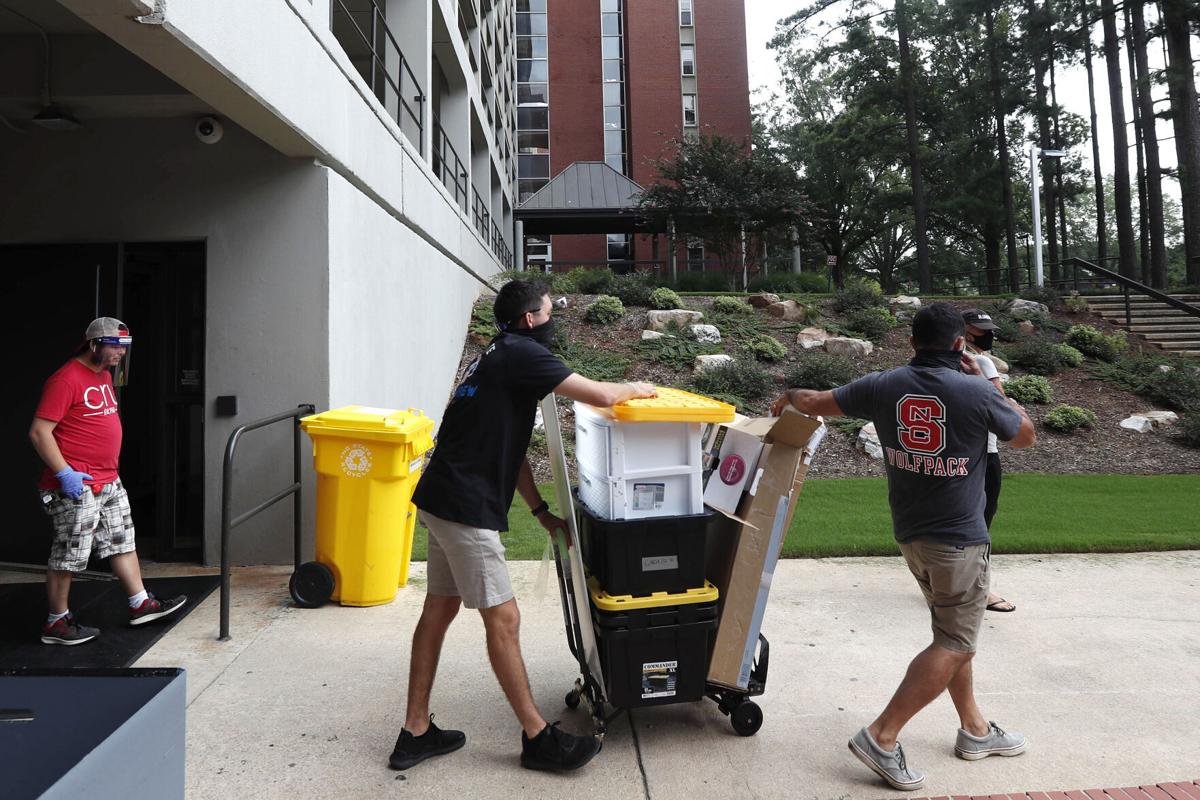In online forums, the extroverted extremists of either polarity usually command the stage. So, why is education important? Education valued for its own sake is free from being goal/task-oriented; free from the Latin “liber”. While that is in and of itself not condemnable, there definitely is value in education in itself for its own sake.
“…These questions reveal some assumptions about the nature of education that merit consideration. Much is disclosed through the vocabulary we use—and many misunderstandings come to light when words like “product” and “purchase” are applied to education. This language typically refers to material objects, and commodities designed for exchange and subject to evaluation according to standards of efficiency and instrumentality. Why not jump to the obvious conclusion? If my product doesn’t “work,” if it does not effectively accomplish that further goal that I seek, am I not entitled to a refund?
…we dismiss the notion that education is a kind of informational product to be purchased, a purely practical instrument, the sole purpose of which is to open doors to wealth or worldly position; it is not a stepping-stone, a hoop through which to jump, nor a box to check. Though a person’s education may serve practically to assist him in pursuing temporal goals, we hold that education is not merely an instrumental good; it is a good “in itself,” a good that is worth pursuing for its own sake. To know—to gain a depth of understanding of some facet of reality—is good! We should celebrate education and its role in bringing humans to realize their capacity as intelligent and moral beings.
In fact, even to refer to education as “a good,” as a kind of “thing,” is in itself deceiving—for it is not, strictly speaking, a “thing” at all. In grammatical terms, “education” is less a noun and closer to an adjective, a quality inhering in another thing; to be an “educated” person is to be a being who has actualized his potential, whose distinctly human capabilities of knowing and choosing have developed more fully. To be “educated” is not simply to have memorized certain concepts or to have mastered a particular skill; it is, in fact, to be a person who knows how to think! It implies having developed a general habit of mind, which St. John Henry Newman articulates as someone “who has learned to think and to reason and to compare and to discriminate and to analyze, who has refined his taste, and formed his judgment, and sharpened his mental vision.”1 As opposed to the common notion that education is a mere “filling up” with facts, we should recall that the word itself stems from the Latin phrase “to lead out.” It is an unfolding of potential—which is another way of saying that education involves the development of certain powers within the person.
But in what context can such a “leading out,” such an unfolding of powers, occur? Only through personal encounter. Encounter with persons of the past is important, to be sure, as their thoughts are expressed in the great books we read, but just as important is encounter with persons of the present: teachers and fellow students. Just as God’s design indicates that human potential is intended to unfold in the context of a family, so also does true education only reach its full potential in a community: persons coming together to encounter the wisdom of ages past, to converse, to question, to listen, to respond. A true teacher is not a facilitator of an information dump; a teacher is one who both exhibits and helps to cultivate those habits of mind to which Newman referred. Furthermore, fellow students, through their questions and insights, widen and enhance the perspectives of their peers. Such a process both requires and helps to develop virtues of discipline, intellectual humility, and courage. It is not easy to admit ignorance, to acknowledge the truth of another’s perspective, to speak up in front of others who may disagree with us…
…people online find it quite comfortable to relate only with those whose thoughts do not challenge their own in any way. What so often happens, however, is that people’s intellectual capacities deteriorate. Unless we actually encounter others and work to develop the skills of listening, reasoning, and articulating, we are at risk of substituting others’ thoughts for our own. The term “groupthink” attempts to describe just that situation in which individuals have forfeited their own intellectual powers through a lack of development—through a lack of authentic education.
…[we can] avoid thinking for ourselves “on our feet’… [however, ] Like all virtues, intellectual discipline and courage only develop with practice and such practice requires the presence of others…Such an experience tests our abilities and challenges us to improve. Many today are shying away from such direct contact because they find it daunting, without considering how much they are poised to gain.
…{to encounter others] enables us to recognize them as whole persons. As St. John Paul II wrote, “the body reveals man.”2 …When we [encounter others, we are compelled] to respond with reason and charity.
… It is only in facing [encountering] others that we can begin to grow. For to face others paradoxically means facing ourselves—acknowledging “before another” what we believe and what we have done. Facing others requires being honest about ourselves. There can be no growth without such humbling experiences.
…Schooling without encounter requires no vulnerability, no courage, no real consideration of others’ thoughts. “What do we need to know for the test?” quickly becomes the pressing concern. The temptation to cheat—to essentially substitute others’ thoughts for one’s own—is only a logical consequence when the very essence of education, a personal encounter [is absent]… Without the ongoing challenge presented by learning with and from others around us, “education” begins to resemble more and more only a stepping-stone, an instrumental means valued solely for its power to help one “get on” with life.
… if education is more than merely instrumental, and in fact possesses a value “in itself” as a quality of human intellectual and moral development, we must reexamine how we educate our young. To assert this truth is not to deny the importance of the practical. A liberal arts education may in fact “result” in the best kind of practical effects in society, but it does so indirectly by refusing to bypass the whole in order to focus on the part. Modern “training of functionaries” approaches the person himself in a partial way, seeing no need to develop any perspective beyond its particular aim. In doing so, however, this modern approach ignores the fullness of man’s identity, treating him as simply a means rather than as an end. Such a “student” is perhaps least prepared to bring about genuinely beneficial practical contributions to society. A true education is instrumental; but it is not merely instrumental, and this one word makes all the difference.
Education is about developing fully human persons who are prepared to face the problems of their time. By focusing on the person “as a whole” and without an expectation of a particular application of his skills, an authentic education indirectly provides a foundation for an unlimited array of practical applications. But if this is so—if education is about developing the ability to see the big picture and to make moral choices that build a culture in which future generations will flourish—we are foolish not to consider the context in which it occurs. For a person to become “educated” in the deepest sense, community is not optional, but rather essential.
Consider how many colleges fail to provide a true community at all: how many are designed according to a humane scale whereby persons are actually affected by the presence of others? With behemoth class sizes, many students find themselves strangers to fellow classmates, and even more so to their professors. One parent I know was disturbed to find that one of his daughter’s class sections was so large that it was already being offered optionally online for students to watch in their dorm rooms—well before the lockdowns sent everyone home! The option existed not because of a virus, but because it was plain that one’s bodily presence in class did not make a difference! True community requires bodily encounter, conversations, and shared experiences among its students and faculty; massive class sizes (designed for practical efficiency, no doubt) fail to consider this truth and so often fail to create the conditions in which education in the deepest sense is even possible. In other words, the reason so many are finding themselves eschewing the cost of “in-person” community after the lockdown is because they were not, in fact, experiencing true community in the first place.
Does this imply that there is no place for schooling that imparts employable skills? Certainly not. But we in our culture are deceiving ourselves if we think that mere job training will provide for all our needs. Pieper reminds us that
“Training is distinguished by its orientation toward something partial, and specialized, in the human being, and toward some one section of the world…Education concerns the whole human being insofar as he is capax universi, “capable of the whole,” able to comprehend the sum total of existing things.“5
In a society where current debate questions the very existence of sexual difference, the value of human life, and the role of the family, we are in desperate need of human beings who are educated in the fullest sense. The future of our culture will depend upon whether we are willing to avoid letting training in particular skills come at the cost of the liberal arts education that provides the building blocks of our culture itself. We need future leaders who ask “why?” and not just “how?” and we need citizens capable of considering before complying.
Only the educated person is prepared to evaluate and to direct technological achievements; for “the way of mere technical skill, the way of sheer power,” as Joseph Ratzinger (later Pope Benedict XVI) wrote, is not the
“…expression of one’s being made in the image and likeness of God. What characterizes man as man is not that he asks about the ‘can’ but about the ‘should’ and that he opens himself to the voice and demands of truth.”6
Only an education for its own sake can cultivate those habits of reasoning and judgment so desperately lacking in our world today—and only through living in community can students nurture those virtues that dispose them to reach their human potential.
About the Author
Mary Stanford earned a B.A. in philosophy from the University of Dallas and a Master of Theological Studies degree from the Pontifical John Paul II Institute for Studies on Marriage and Family in Washington, D.C. Stanford is the author of The Obedience Paradox: Finding True Freedom in Marriage, forthcoming in summer 2022 by Our Sunday Visitor. She is an adjunct instructor in the Theology Department of Christendom College. Stanford is a popular speaker at conferences and dioceses across the country on topics including marriage, contraception, sexual differences, and the theology of the body. She lives in Front Royal, Virginia, with her husband and seven children.
Footnotes
1. John Henry Cardinal Newman, “Discourse 7: Knowledge Viewed in Relation to Professional Skill,” in The Idea of a University (New York: Longmans, Green, and Co., 1907), 166-167.
2. John Paul II, Man and Woman He Created Them: A Theology of the Body, trans. Michael Waldstein (Boston: Pauline Books and Media, 2006), 9: 4.
5. Josef Pieper, Leisure, The Basis of Culture, trans. Gerald Malsbary (South Bend, Indiana: St. Augustine’s Press, 1998), 43.
6. Joseph Ratzinger, “Conscience and Truth,” presented at the 10th Workshop for Bishops, February, 1991, Dallas, Texas.




